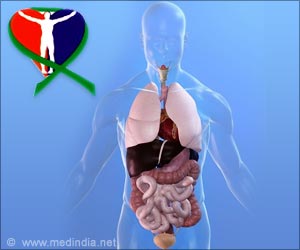Every year, 90% people in need of a critical organ to save their life end up facing death due to unavailability of donors.

‘Having a medical condition does not always prevent you from becoming an organ donor. At death, a qualified doctor responsible for your care will decide whether some or all organs are suitable for transplant.’





According to organindia.org, for 5000 hearts required there are only 70 available donors. Similarly, only 5000 kidneys are available against a demand of 21000. This screwed up demand and supply ratio is due to very less people who actually donate their organs. In fact, India has one of the lowest count of organ donors in the world. Compared to 26 donors per million people in USA and 36 donors per million people in Spain, India stands at an alarming 0.26 donors per million people, which means that there is not even one person donating organs in one million of population. While awareness about organ donation and transplantation in India is limited to only certain sections of the populace, the situation becomes even dire when the people having pledged to be organ donors don't contribute to this cause.
Dr Neerav Goyal, Senior Consultant & Head of Liver Transplant at Indraprastha Apollo Hospitals, Delhi highlighted the major reasons for these concerning statistics, "The major reason is unawareness about organ donation. Even people who take the pledge do not actually end up donating their organs due to lack of literacy on the registration process and the complexities attached with the procedures." "Another factor which hinders the organ donation is that there are many unscientific and superstitious myths attached to it which discourage people to come forward to register.
Those who are willing to donate at times succumb to such pressures which are created by family and friends. However, in contrast, most major religious support organ donation as a life saving practise," the doctor added. According to the Indian law, despite the will of the donor final approval over the donation is subject to the deceased's family. If they are unwilling, the donor's organs cannot be harvested. Even though there are no costs that the family of the donor would have to bear for the donation process.
Source-ANI









